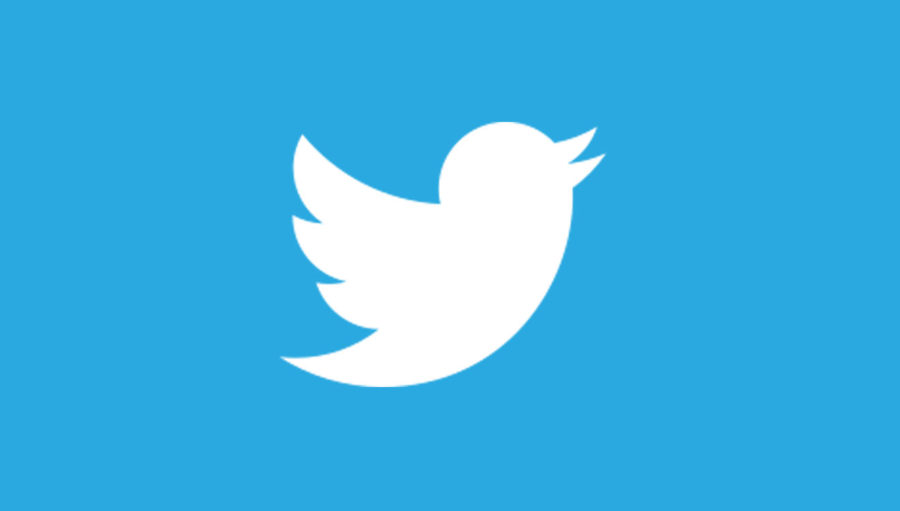Twitter was issued a statement on Wednesday by the Indian government to follow Indian laws irrespective of Twitter’s own rules and guidelines.
This comes after Twitter defied the government’s order regarding blocking several accounts that have been actively posting updates on the ongoing farmers’ protest.
The Secretary of the Ministry of Electronics and Information Technology (MeitY) in a virtual meeting with the social media giant expressed a “deep sense of disappointment” and “dissatisfaction” over Twitter’s take on “freedom of expression”, a press release issued by the Ministry said.
What is the ongoing spat about?
The controversy began on February 1, when Twitter withheld over 250 accounts including The Caravan, Kisan Ekta Morcha, Tractor2Twitr for several hours. The social media giant stated “response to legal demands” as the reason to withhold these accounts.
The MeitY had reportedly directed Twitter to withhold the accounts that actively post updates of the ongoing farmers’ protest and for allegedly tweeting or retweeting #ModiPlanningFarmerGenocide hashtag, making “fake, intimidatory and provocative tweets”.
Last week, Twitter denied to abide by the Central government’s order of blocking over 250 accounts.
The Central government issued a notice to the social-networking giant warning it of penal consequences under Section 69A(3) of the Information Technology Act in case of “non-compliance” with the directions.
Twitter had then written to the MeitY refusing to comply with the Central government’s order to block one hashtag and 257 URLs.
On Monday, the Central government once again asked the microblogging giant to suspend 1,178 accounts, which they claimed were backed by Pakistan or operated by supporters of the ongoing farmers’ protest from what they term as ‘Khalistan’.
In response, Twitter sent a note to the Indian government on Tuesday stating “tweets must continue to flow” and that their “top priority” was their employees’ safety. The micro-blogging giant also explained their actions, government’s legal orders and their reason of non-compliance of the same through a detailed blog post on Wednesday.
Twitter’s blog post
In a blog post, Twitter said that while it had “withheld a portion of the accounts identified in the blocking orders under our Country Withheld Content policy within India only”, they had not taken action on accounts that consisted of news media entities, journalists, activists, and politicians. Twitter said that by doing so, it “would violate their fundamental right to free expression under Indian law”.
“We will continue to advocate for the right of free expression on behalf of the people we serve. We are exploring options under Indian law — both for Twitter and for the accounts that have been impacted. We remain committed to safeguarding the health of the conversation occurring on Twitter, and strongly believe that the Tweets should flow,” the blog said.
Twitter also spoke about “transparency” in the blog and also mentioned that it had taken a “range of enforcement actions — including permanent suspension in certain cases — against more than 500 accounts escalated across all MeitY orders for clear violations of Twitter’s Rules”.
MeitY’s meeting with Twitter Inc.
The meeting by MeitY was held after following the blog post where it began with “freedom of expression” and said that India has “a robust mechanism for protection of freedom of speech and expression that is very elaborately explained as Fundamental Rights under Article 19 (1) of the Constitution of India. But freedom of expression is not absolute and it is subject to reasonable restrictions as mentioned in Article 19 (2) of the Constitution of India.”
Speaking about the growing significance of Twitter in India, the Ministry said in the meeting: “Twitter is free to formulate its own rules and guidelines, like any other business entity does, but Indian laws which are enacted by the Parliament of India must be followed irrespective of Twitter’s own rules and guidelines.”
According to the press release, the Ministry expressed “strong displeasure” on the way Twitter handled the emergency order issued by the government to remove the hashtag related to “farmer genocide” and the content catering to that.
“Spreading misinformation using an incendiary and baseless hashtag referring to ‘farmer genocide’ at a time when such irresponsible content can provoke and inflame the situation is neither journalistic freedom nor freedom of expression as envisaged under Article 19 of the Constitution of India,” the secretary of MeitY stated.
Comparing Twitter’s action during the US Capitol Hill violence in the USA on January 6, where it had suspended former US President Donald Trump’s account for 12 hours for allegedly instigating the mob, with that of the violence that broke out in India’s Red Fort on January 26 and its aftermath, the Ministry said was disappointed with the “differential treatment” in both the incidents, “seeing Twitter side not with ‘freedom of expression’ but rather with those who seek to abuse such freedom and provoke disturbance to public order, was conveyed to the Twitter representative”.
In the meeting, the Ministry also brought up the topic of toolkit and said “revelations around a certain “toolkit” has made it evident that a strong social media campaign was planned in a foreign country around farmers protest.”
A toolkit is a social media document or booklet which explains an issue or cause.
The toolkit that the Ministry here has referred to was shared by international environmental activist Greta Thunberg along with her tweet of solidarity with the protesting farmers on February 3. She laterdeleted and posted an updated toolkit the next day. The updated toolkit contains information on the ongoing farmers’ protest, the “urgent” and “prior” actions that can be taken to help and support them, such as suggestions about signing petitions, mailing government officials, trending hashtags #StandWithFarmers and #FarmersProtest or protesting in front of government offices and Indian embassies.
We stand in solidarity with the #FarmersProtest in India.
https://t.co/tqvR0oHgo0— Greta Thunberg (@GretaThunberg) February 2, 2021
Regarding the “transparency” that Twitter mentioned in its blog, the Ministry said that it conveyed to the Twitter leadership that “the manner in which Twitter officially allows fake, unverified, anonymous and automated bot accounts to be operated on its platform, raises doubts about its commitment to transparency and healthy conversation on this platform”.
Alternative for Twitter- India’s own Swadeshi App- Koo
Koo is an Indian made micro-blogging application that claims to be recognised by the Government of India and Prime Minister Narendra Modi as one of the ‘Aatmanirbhar Apps of India’. Presently, the app is available in Kannada, Tamil, Telugu, Hindi, and English. App support in Marathi, Bengali, Malayalam, Gujarati, Oriya, Punjabi, and Assamese are “coming soon”.
Recommended
Koo’s official page on Twitter tweeted that they had 30,85,000 downloads in the last 24 hours. The official Twitter account has gained many followers, been extensively promoted and joined by prominent Indians including Union Cabinet Minister Smriti Irani, Madhya Pradesh Chief Minister Shivraj Singh Chouhan, BJP spokesperson Sambit Patra, Minister of Railways Piyush Goyal, BJP minister Giriraj Singh, Deputy Chief Minister of Karnataka Ashwathnarayan CN, Tamil Nadu’s BJP spokesperson and author SG Suryah, DCP New Delhi, BJP minister Amit Malviya, NITI Aayog, actors Kangana Ranaut and Anupam Kher, News18 anchor Amish Devgn, ABP News anchor Rubika Liyaquat, Republic TV, among several others.
After gaining momentum in the past 24 hours, Koo is under major scrutiny. According to a report by India Today, a French security researcher claimed that Koo is “not very safe, and currently, it is leaking a lot of sensitive user information including email ID, phone numbers, marital status and date of birth.”



